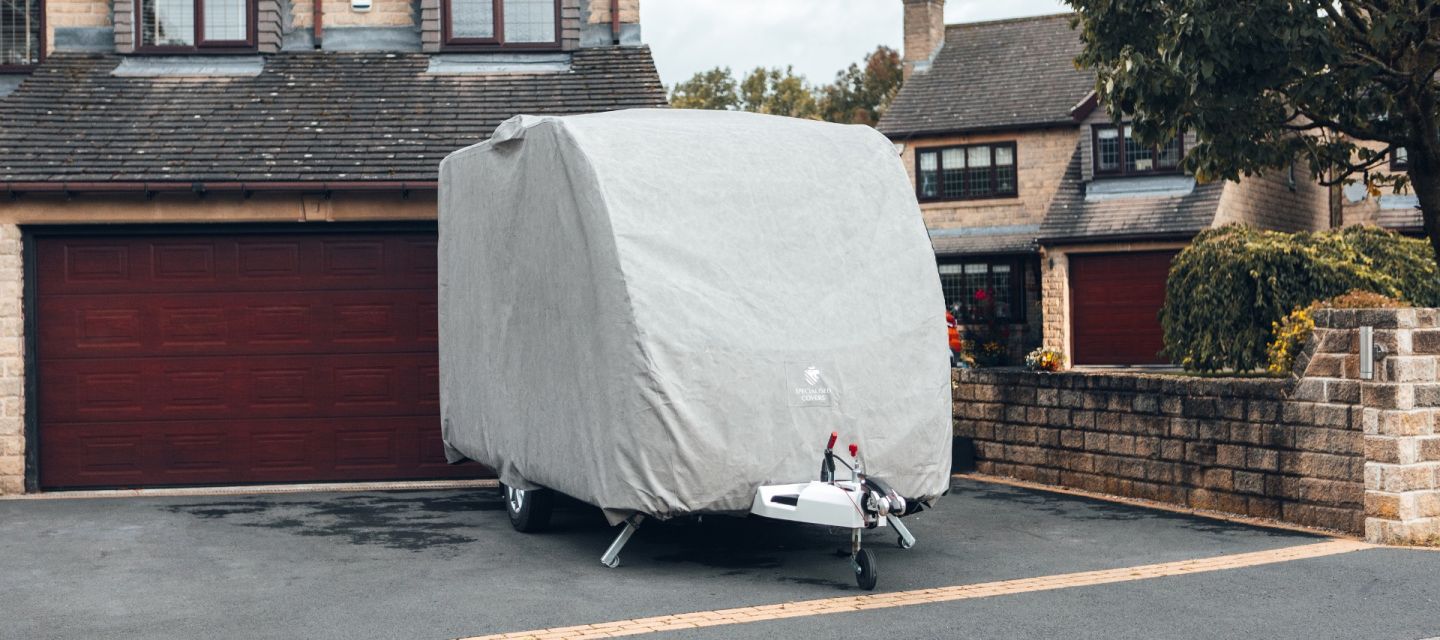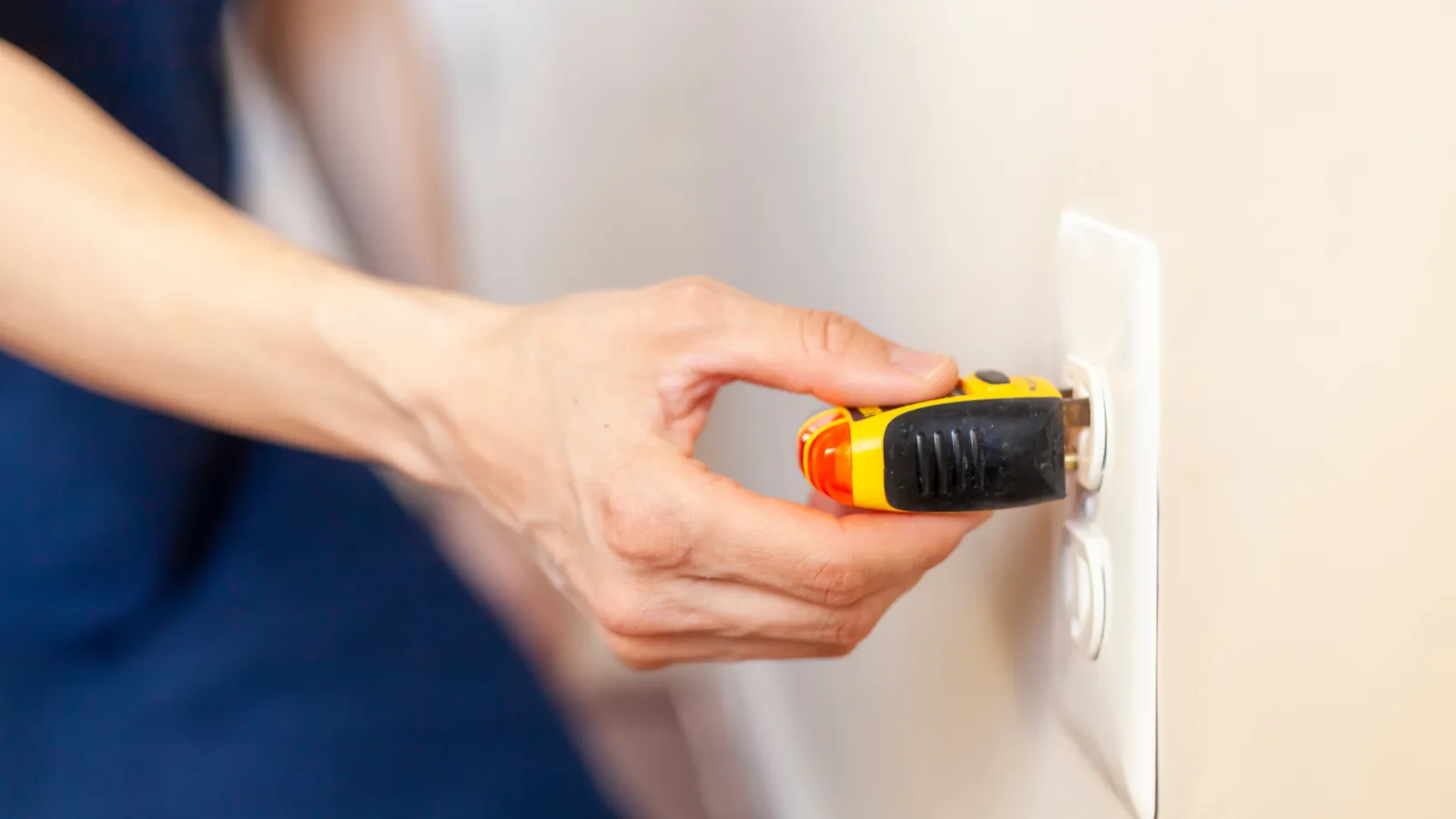Owning a caravan is a fantastic way to explore the outdoors and enjoy road trips. However, when the travel season winds down, it’s crucial to store your caravan correctly to ensure it remains in top-notch condition. This ultimate guide provides essential tips on how to protect your caravan during off-season storage, ensuring it is ready for your next adventure when the travel season returns.
Why Proper Caravan Storage is Essential
Storing a caravan improperly can lead to a host of issues, including water damage, mold growth, and mechanical problems. Proper storage not only extends the lifespan of your caravan but also saves you money on repairs and maintenance. Here, we break down key steps to take for ideal caravan storage.
Clean Thoroughly Before Storage
Interior Cleaning
Before you store your caravan, it’s essential to clean the interior thoroughly. This includes vacuuming carpets, wiping down surfaces, and sanitizing the kitchen and bathroom areas. Pay particular attention to appliances like the refrigerator and oven. Remove all food items to prevent attracting pests.
Exterior Cleaning
Wash the exterior of your caravan to remove dirt, grime, and other debris. Use a mild detergent to protect the paint and finish. Don’t forget to clean the roof, as leaves and twigs can accumulate and lead to roof damage over time.
Choose the Right Storage Location
Indoor Versus Outdoor Storage
While indoor storage offers more protection from weather elements, it may not always be feasible due to space constraints or cost. If opting for outdoor storage, consider a high-quality cover to shield your caravan from rain, snow, and UV rays.
Secure Facility
If you’re storing your caravan at a professional storage facility, ensure it has adequate security measures, such as surveillance cameras, gated entry, and onsite staff. This adds an extra layer of protection against theft and vandalism.
Preparing the Caravan for Storage
Drain and Winterize Water Systems
One critical step in caravan storage is to drain all water systems. This includes emptying the water heater, fresh water tank, and wastewater tanks. Add antifreeze to the pipes if you are storing your caravan in a location where temperatures dip below freezing.
Disconnect and Remove Batteries
To prevent battery drain, disconnect the battery and store it in a cool, dry place. Make sure the battery is fully charged and occasionally check its charge status over the storage period. For additional safety, remove batteries from smoke detectors and other appliances to avoid corrosion.
Inflate Tires and Elevate the Caravan
Inflate the tires to the recommended pressure and consider raising the caravan on jack stands to relieve the weight from the tires. This prevents flat spots and prolongs tire life. If jack stands are not an option, move the caravan periodically to avoid tire damage.
Pest Prevention Strategies
Pests can cause significant damage to a stored caravan. To prevent this, seal all potential entry points such as vents, windows, and doors. Use rodent repellent around the perimeter and consider placing traps inside the caravan as an additional precaution.
Ongoing Maintenance During Storage
Regular Inspections
Even during off-season storage, it’s essential to inspect your caravan periodically. Check for signs of leaks, pest infestation, and any other issues that might need attention. Early detection can prevent minor problems from becoming major repairs.
Ventilation
Proper ventilation is crucial to prevent mold and mildew. Open the windows and vents occasionally to allow air to circulate. Alternatively, use moisture absorbers or dehumidifiers inside the caravan to regulate humidity levels.
Using a Cover


Selecting the Right Cover
A good caravan cover should be breathable, water-resistant, and UV-protective. Look for covers specifically designed for caravans to ensure a snug fit. Avoid plastic tarps as they can trap moisture and lead to mold growth.
Proper Application
Make sure the cover is secure but not overly tight. This prevents abrasion and allows air to circulate underneath. Secure the cover with straps to withstand wind and keep it from flapping, which could cause damage to the exterior of the caravan.
Safety Precautions
Fire Safety
Removing flammable items and ensuring gas lines are disconnected can greatly reduce the risk of fire. Check your fire extinguisher to make sure it is up to date and easily accessible.
Insurance
Verify that your insurance policy covers storage-related damages. Some policies offer comprehensive coverage for issues arising during the off-season, including theft, weather damage, and vandalism.
Preparing for the Next Season
Reconnecting Systems
As the new travel season approaches, gradually reconnect all systems that were disconnected or drained. Check the water systems for leaks and ensure the battery is fully charged and operational.
Final Inspections
Perform a thorough inspection before hitting the road again. Check the tires, brakes, lights, and other essential systems. Making sure everything is in working order before your first trip will contribute to a safe and enjoyable travel experience.
Conclusion
Proper caravan storage during the off-season is crucial for maintaining its condition and ensuring it is ready for future adventures. By following these guidelines, you can prevent costly repairs and extend the life of your caravan. Protect your caravan properly to enjoy its benefits for many years to come.







